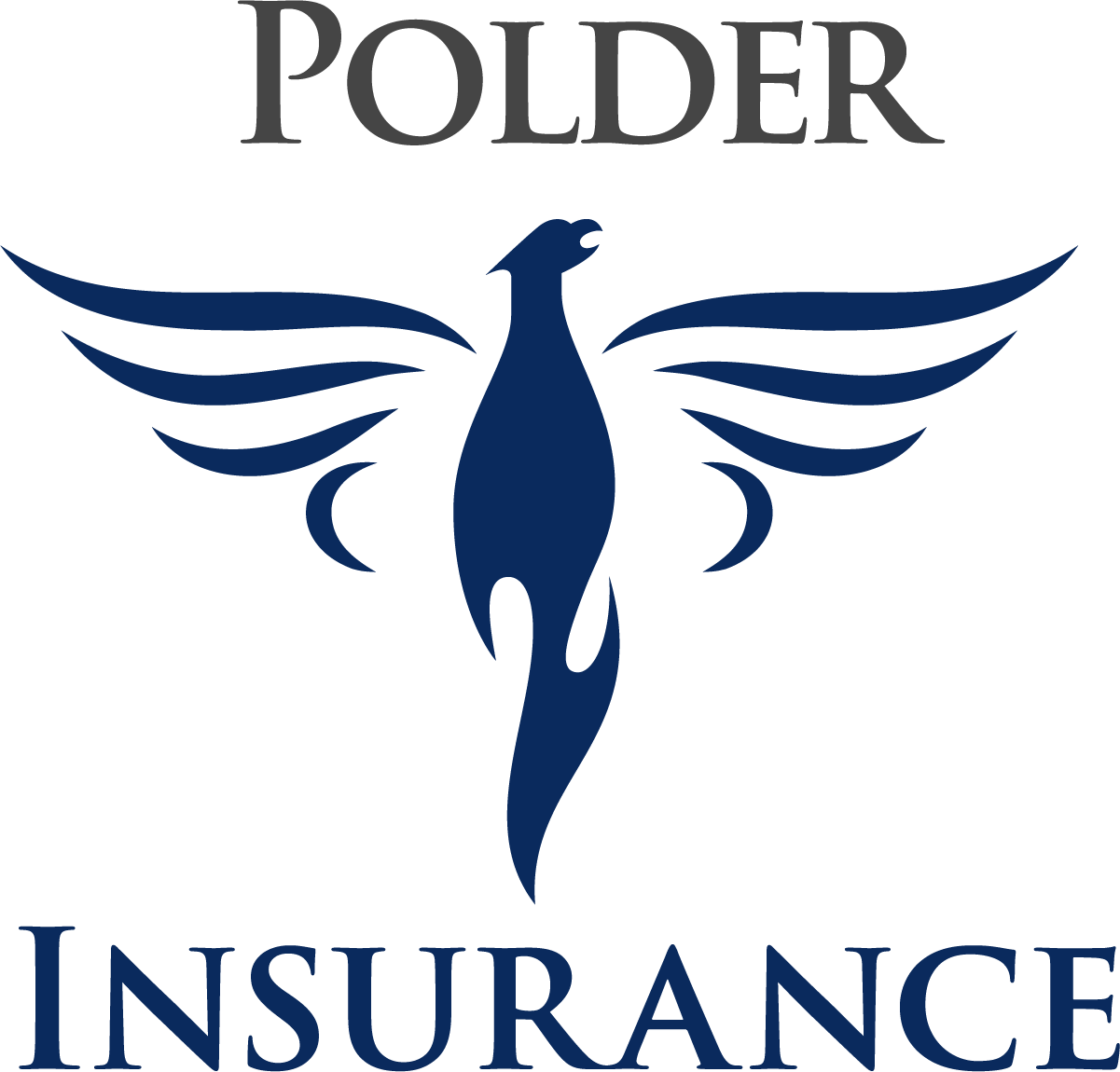Homeownership comes with many responsibilities, and navigating the complexities of insurance and property lines can feel daunting. It's natural to be concerned about unforeseen events, such as a neighbor’s tree tumbling onto your property, or worse, a fire originating next door. These incidents not only cause stress but can also strain your finances. Understanding your insurance responsibilities is crucial for ensuring financial protection when disaster strikes.
Tree Damage Responsibility
When a neighbor’s tree falls on your home due to a storm, your own homeowner’s insurance is typically responsible for covering the damage. However, if the tree was dead or in poor condition and your neighbor knew about this risk, their insurance might bear the liability. These subtle distinctions are vital for understanding your coverage and reducing surprises when filing a claim.
Fire Damage from a Neighbor’s Property
In the unfortunate event that a fire from a neighboring property damages your home, your homeowners insurance generally covers it. If the fire was caused by negligence—such as leaving a candle unattended or having faulty wiring—the insurance company may pursue reimbursement from your neighbor's insurance policy. Recognizing these potential outcomes can clarify your path towards recovery.
Flooding from a Neighbor’s Property
Flooding scenarios due to water mismanagement from a neighbor's property pose unique challenges. Poor drainage, malfunctioning downspouts, or certain landscaping may cause water to flow to your home, but proving negligence can be difficult. Importantly, homeowners insurance usually does not cover flooding, making a separate flood insurance policy highly advisable.
Shared Fence Repair Costs
If a shared fence is damaged during a storm, the general expectation is that both homeowners split the repair costs. However, should damage result directly from one homeowner’s actions, they might be responsible for the complete repair cost. Being clear about these responsibilities can maintain good neighborly relations and avoid unnecessary disputes.
The Insurance Claims Process
Claims involving neighbor-caused damages are handled with particular attention. Insurers often employ a process called subrogation, where they seek to reclaim expenses from the responsible party’s insurance if negligence is established. Yet, when negligence isn’t provable, your policy will likely cover the damage without further pursuit of your neighbor’s insurer.
In today’s uncertain world, reviewing your insurance policies to understand the breadth of your coverage is crucial. Consider additional coverage options, like flood insurance, to enhance protection. Consult with an insurance professional to clarify details, ensuring peace of mind and a solid plan for any future challenges.


